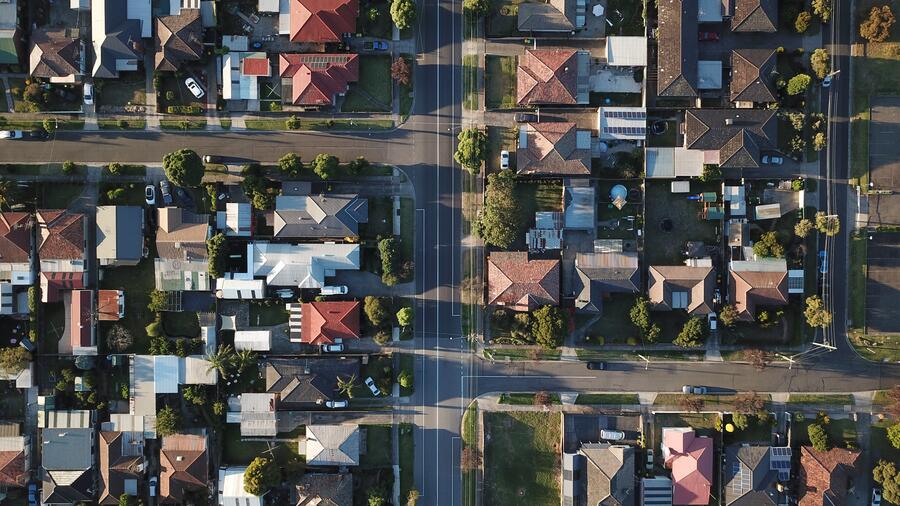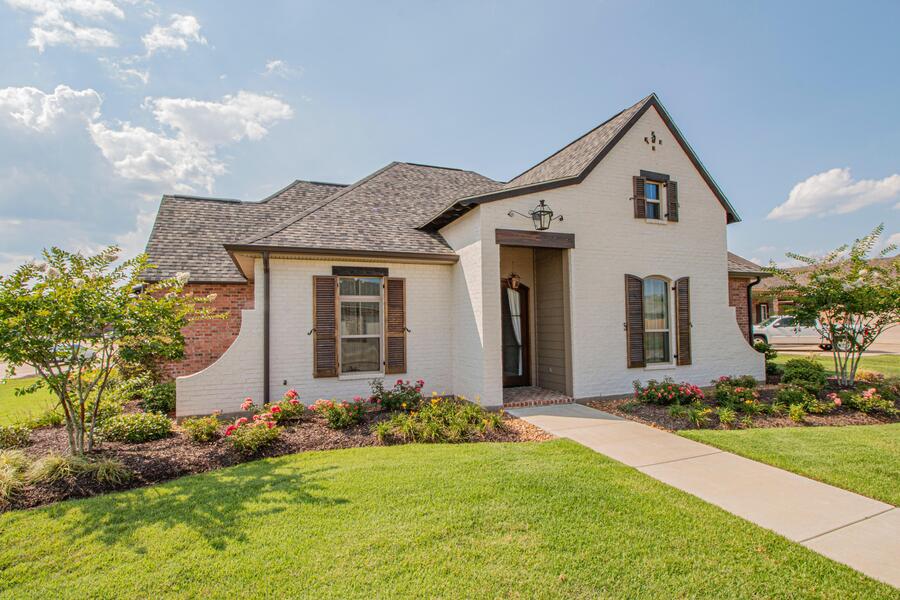There has been a lot of talk recently regarding concerns of a housing market crash among potential homebuyers due to the massive increases in home prices in most of the nation and locally in the Denver Metro real estate market. So much so, that there has been a 2450% increase for those Google searching: “When Will the Housing Market Crash?” And yes, housing prices have skyrocketed 17.2% between March 2020 to March 2021. So let’s get the record straight on these rumors and clear the air of any similarities between the early 2000’s and current real estate markets.

Some Background Data
For the last 6 years, the US housing market has endured a shortage of homes while at the same time adding close to 10 million new households. Granted not all of these have been searching for a home to purchase, but enough to create an imminent issue of supply and demand. Fewer homes available with an increased number of buyers has created escalating home values. The shortage is in due to multiple variables. The first is that Americans just aren’t moving as frequently as they used to. In the early 2000’s households would move on average every 4 years, but today that’s changed to every 8 years which snubs the supply. The next issue is that contractors aren’t building new homes that track with the current state of need. And with the cost of building materials increasing, it’s making it even more difficult for those with a lower housing budget to purchase a home as new construction just isn’t as affordable right now. So maybe the question of affordability would be a better subject to investigate as it’s getting seemingly more difficult for a first-time buyer to purchase an affordable home.
But Here are the Real Numbers
There is high demand and intense desire among potential homebuyers in the Denver market, but regulations for those wanting to purchase a home are completely different than back in the early 2000’s. Demand was strong back then but it wasn’t actually real or sustainable. In 2008, buyers were using unverified income, in order to qualify for crazy-high mortgages in a market where inventory was numerous - 26,000 homes were for sale in March of 2008 in Denver Metro’s 11 counties alone. March of 2021 closed off the month with only 1,921 homes for sale. Because guidelines have completely tightened down, today’s mortgages are conservative and are permissible to buyers who are income-verified and highly-qualified. Plus data from the Mortgage Bankers Association calculates that mortgage credit availability is 85% lower than where it was in 2006 indicating that lenders remain cautious. These guidelines as well as lower interest rates, and the desire to live/work more at home will continue to keep Denver’s housing market strong and in high demand.

What About Foreclosures?
Let’s talk about the numbers. Yes, there are 2.57 million homeowners in forbearance which is 4.9% of all US mortgagees. But if we break down this number, it’s actually not that many. Just in April of 2021, 135,000 of these forebearances have exited and are back in good standing. That’s huge and the highest exit we’ve seen since November of 2020. Taking a look at the national list, Colorado sits 3rd from the bottom for foreclosure risk. We have a very strong housing market with 1.4 million homeowners in the Denver area and of that number 37% own their homes outright, and less than 4% are in forbearance. In the early 2000’s, foreclosures were common as risky ARM loans, which had 35% of the market share in 2004, would revert to higher interest rates, leaving homeowners in a position where they could no longer afford their monthly payment. Today’s market consists of only 2.4% ARM loans.
Our Equity is Strong
Current homeowners are sitting on over $21 trillion dollars of equity according to the recent Federal Reserve Financial Accounts of the US report. The national average of equity gain per homeowner year-over-year in 2020 was $26,300, but in Colorado, we saw an average equity gain year-over-year of $32,000. And when homeowners sold their homes last year, the national equity average total was $200,000, but in Colorado, we saw yet a higher total equity average of $254,000. This means those selling their homes in Colorado last year, on average, made $254,000! Nationally 4% of homeowners have less than 10% equity in their home, but again Colorado comes in better with only 2.5% with less than 10% equity in their homes. Why is having 10% important? Because using conservative numbers, you want to budget up to 10% equity to sell your home traditionally with a real estate agent and title company, which would ensure you get to walk away with some money in your pocket.

Today’s Market is Totally Different than the Early 2000’s
In the early 2000’s, many new homeowners had very little to no equity in their homes because of the inflated numbers in a very risky lending/borrowing environment. This meant if they ended up in a situation where they were forced to sell, they had zero equity to use for closing costs, other expenses, or even to keep them out of foreclosure. But today is totally different; we have a successful economy that’s continued to be fueled by a thriving stock market. Our real estate equity gains remain profitable; tight guidelines are keeping the industry in check which has created conservative transactions and highly qualified buyers, yet a very successful opportunity to build wealth and financial security unlike any other investment. Don’t lose heart in this competitive market - it will be worth your efforts when you find a home to create the financial freedom and stability you’ve been hoping for.
